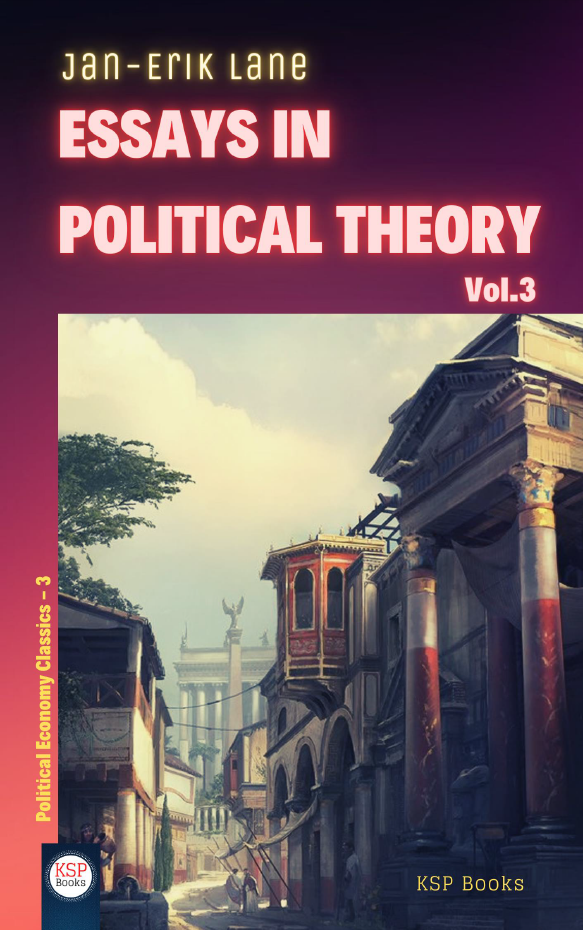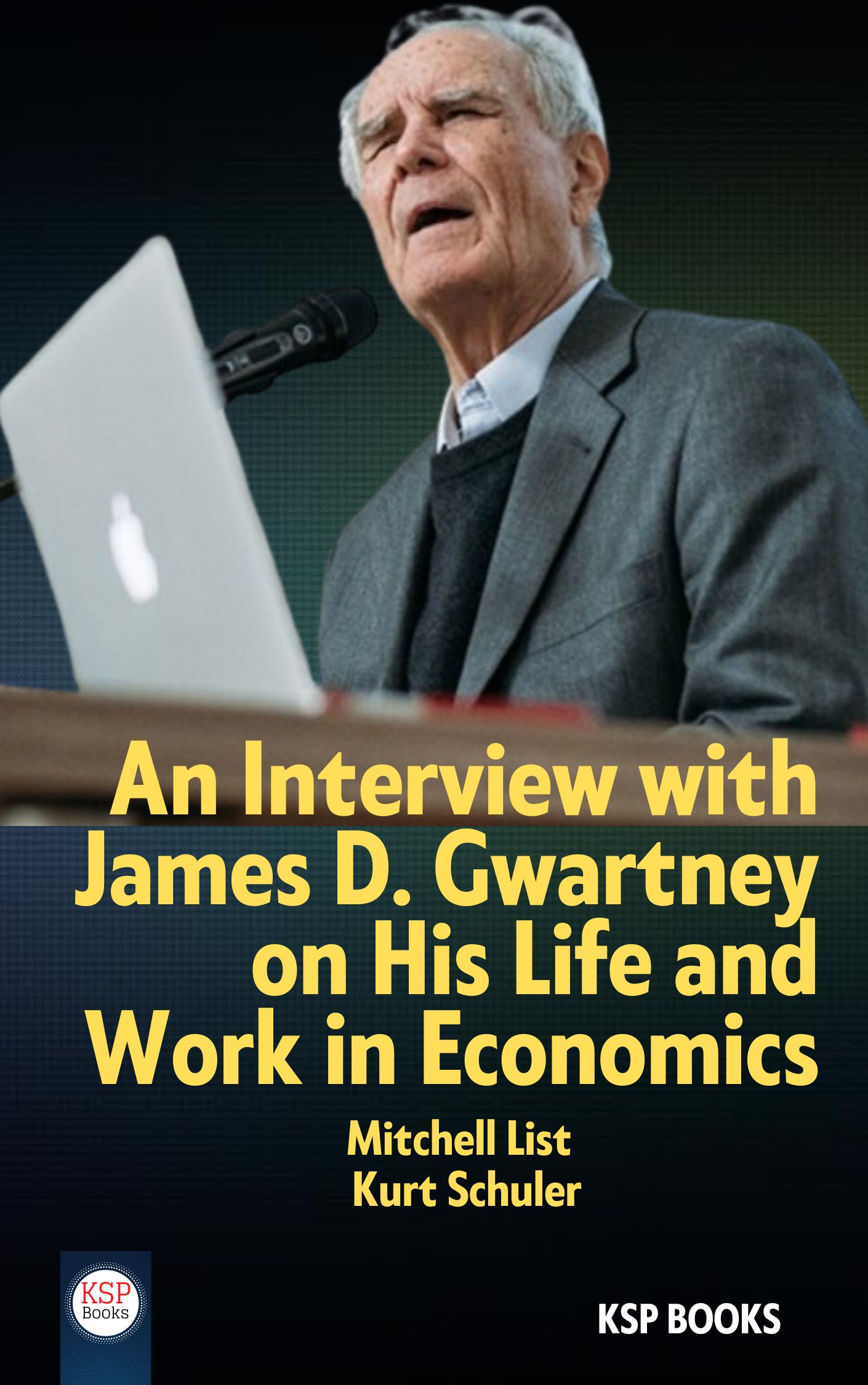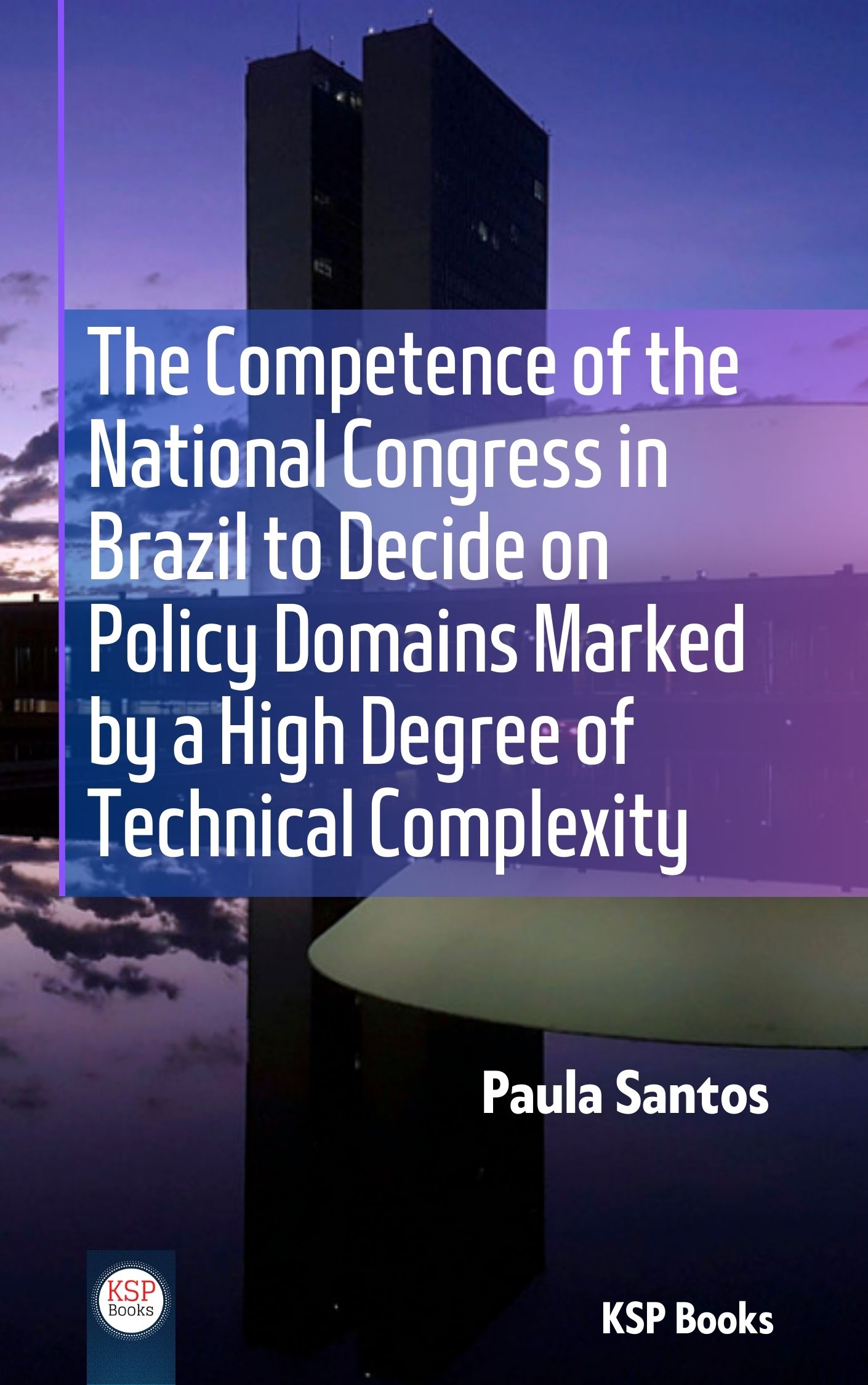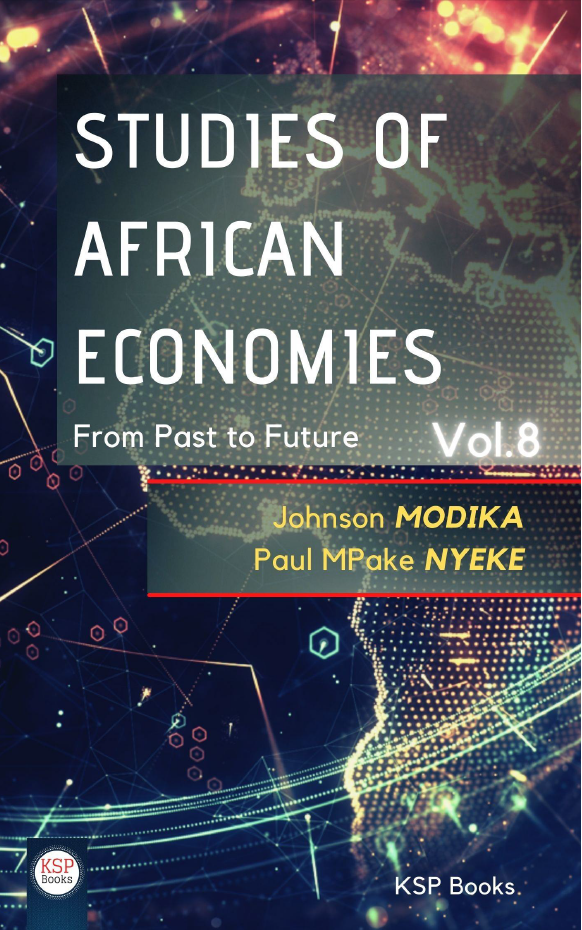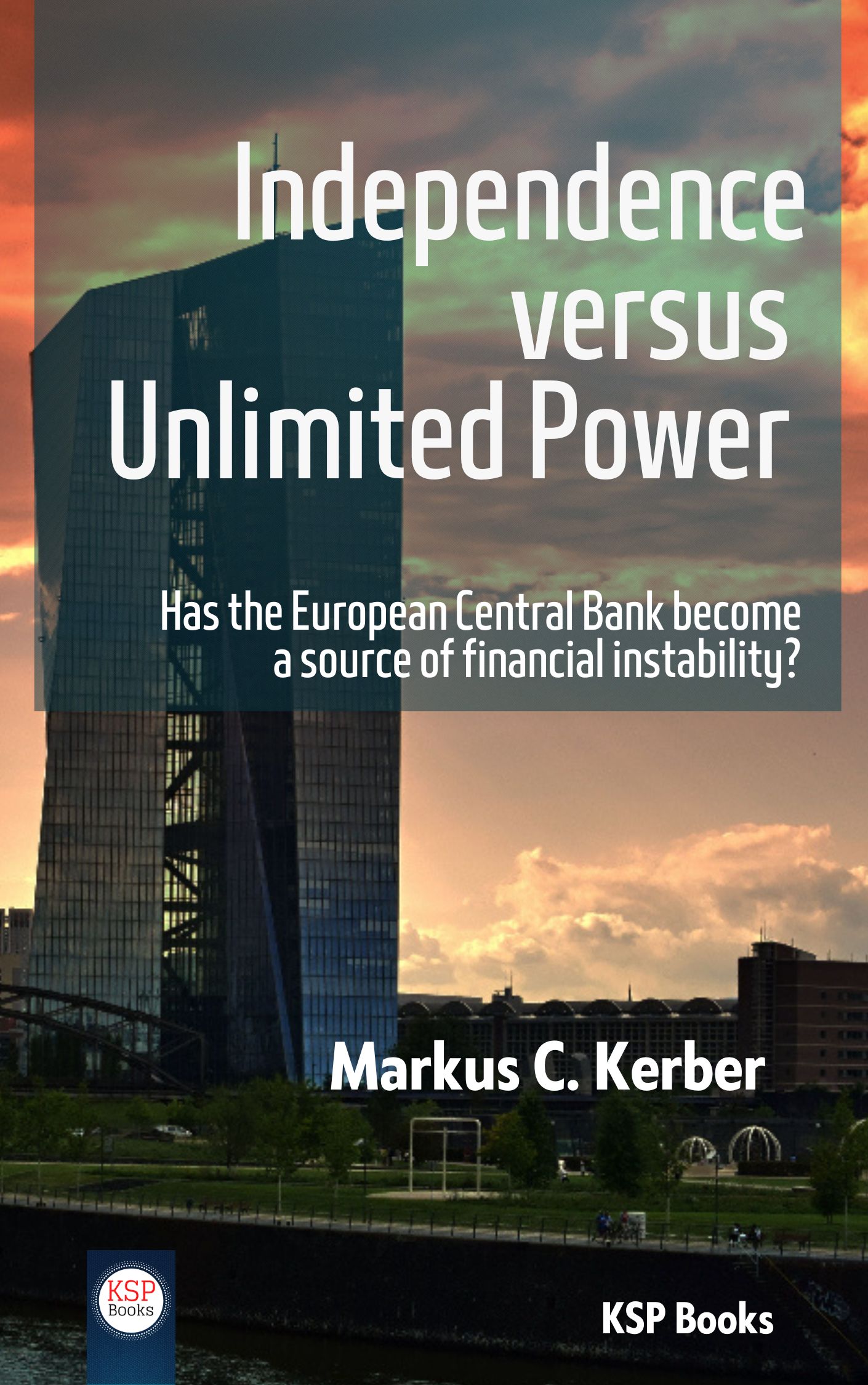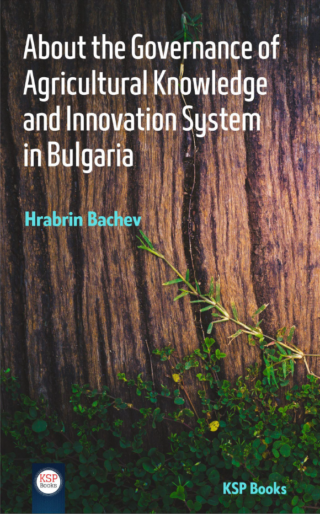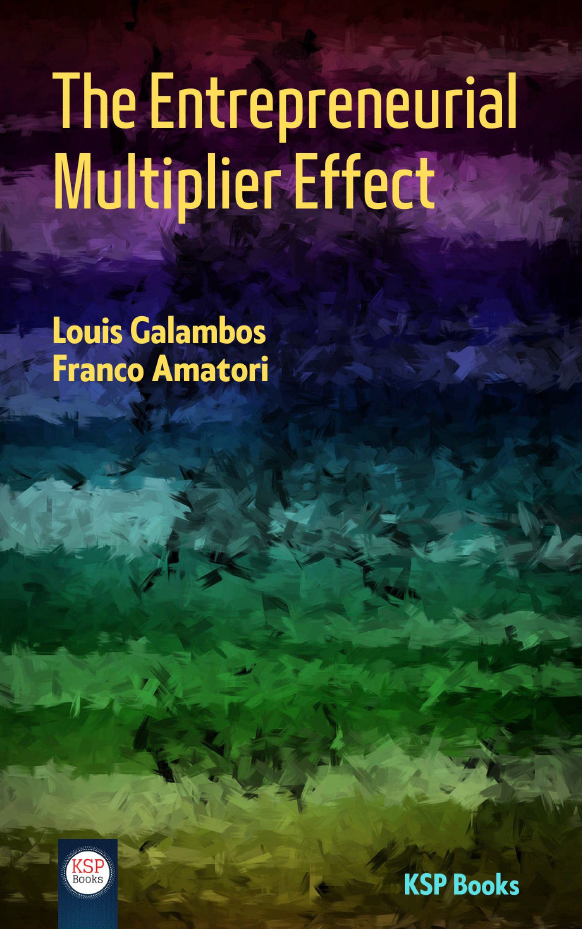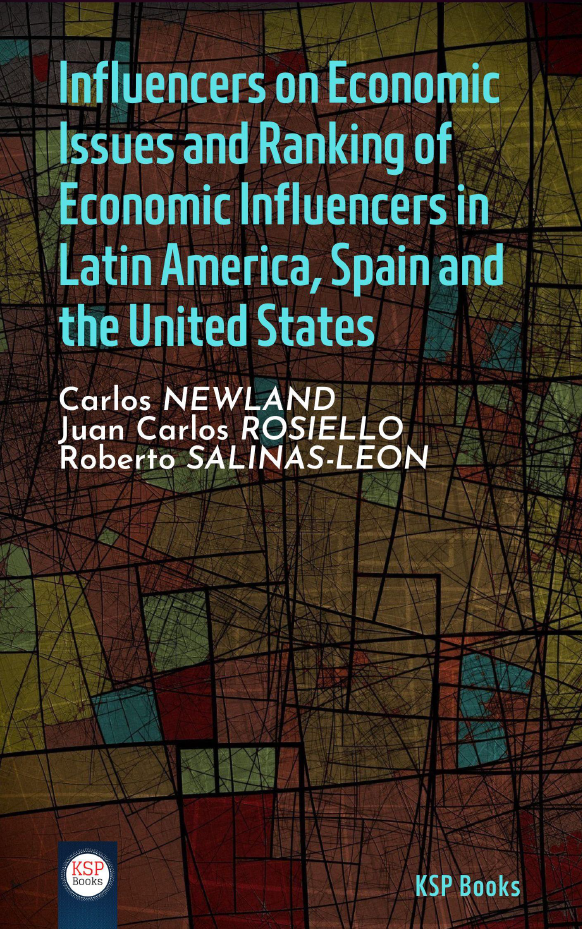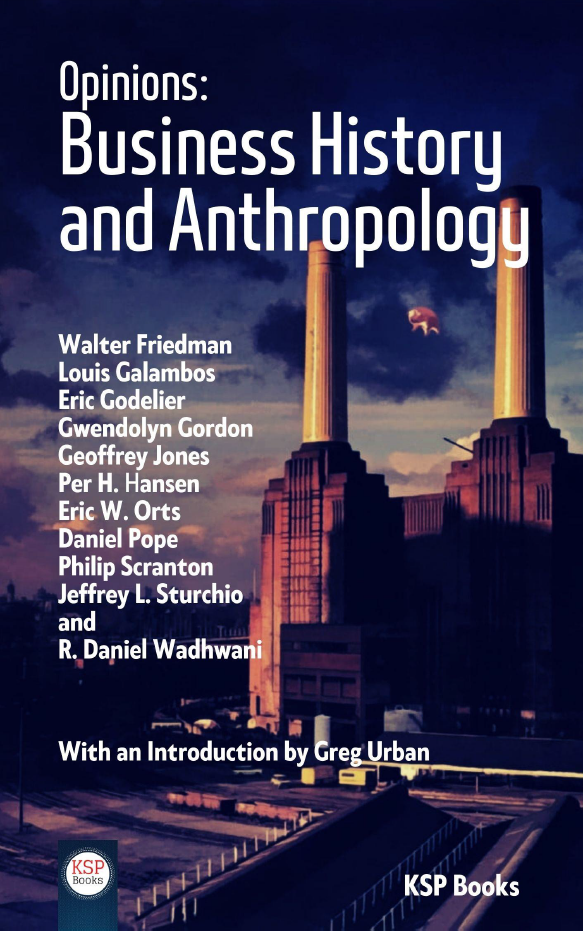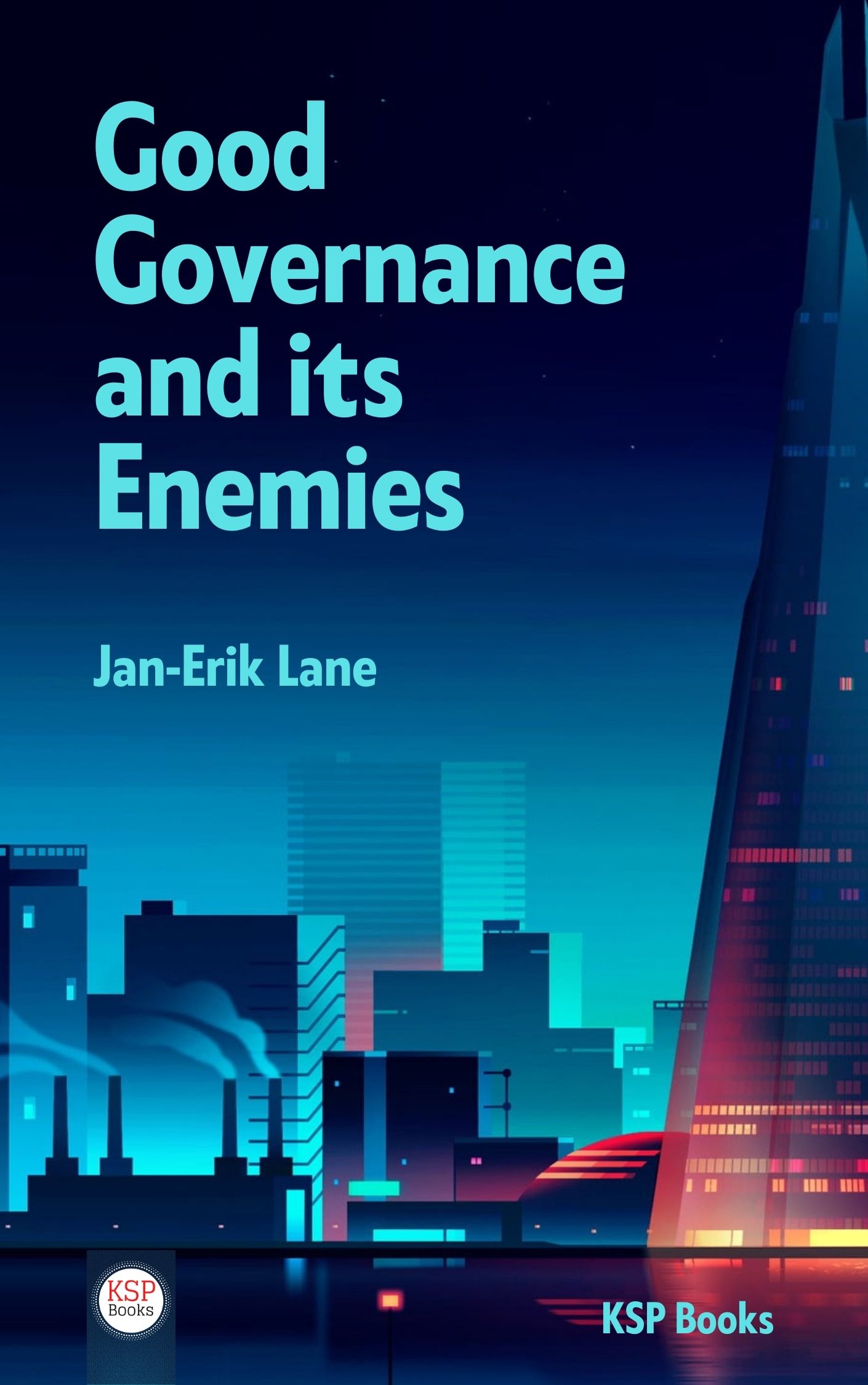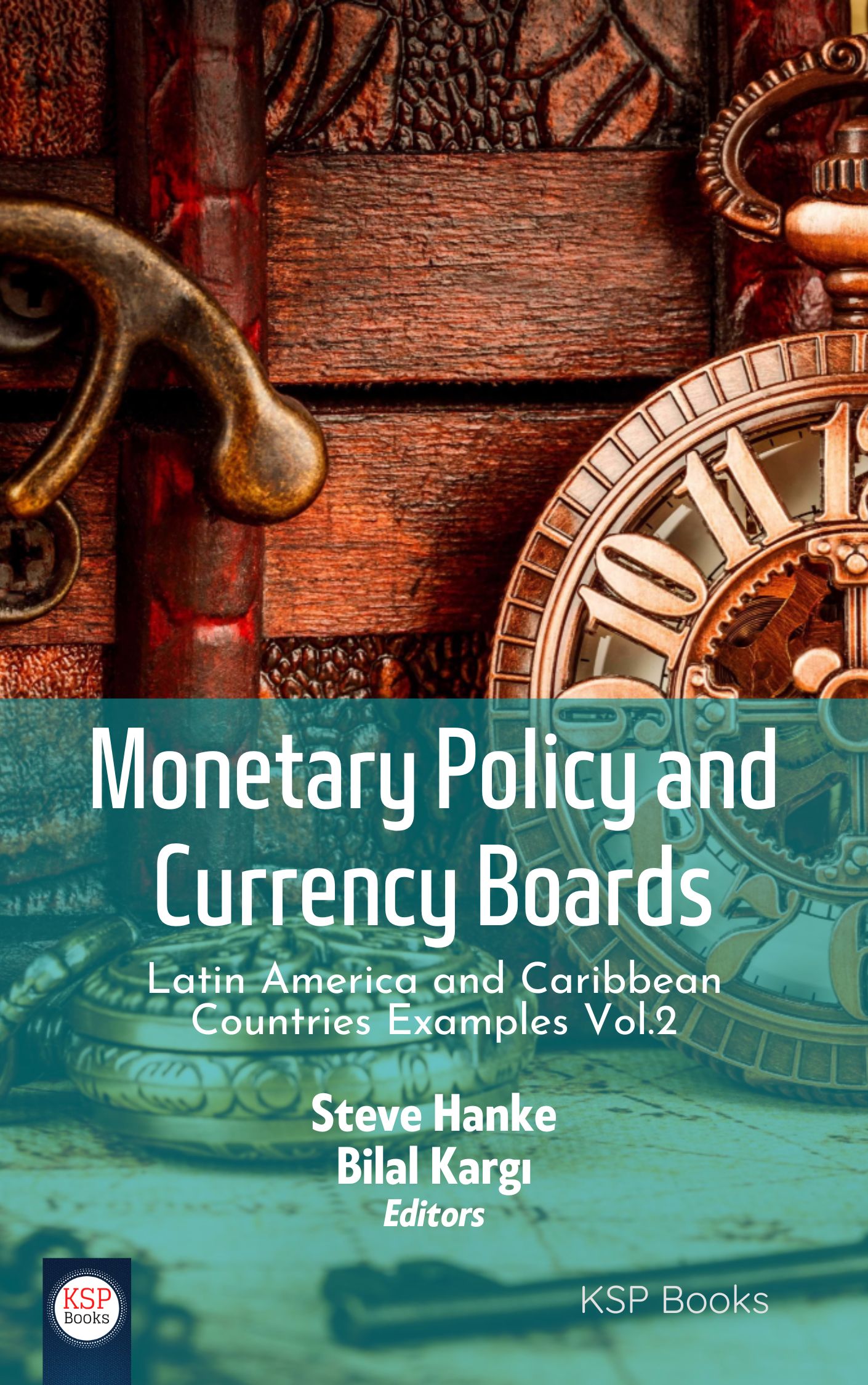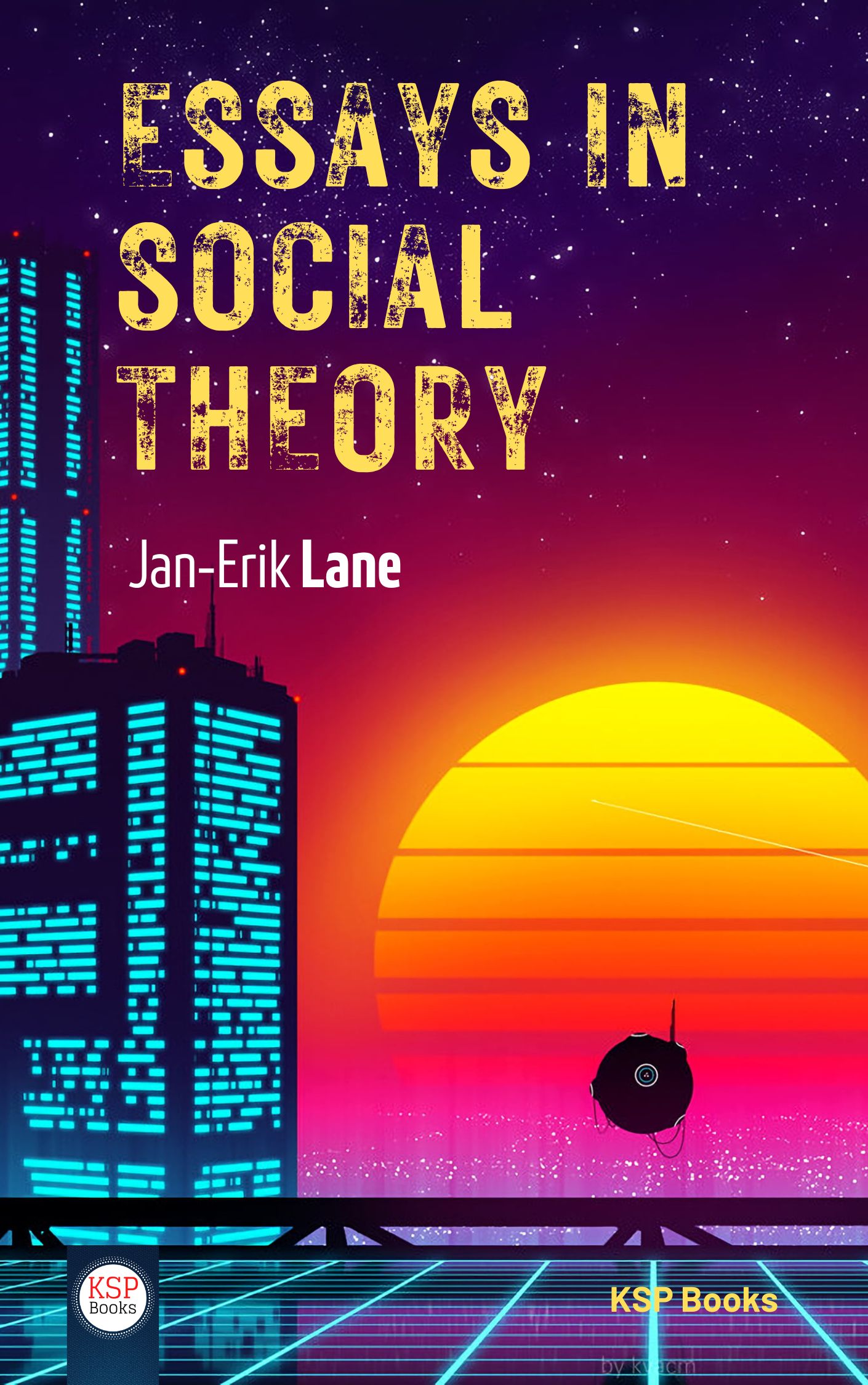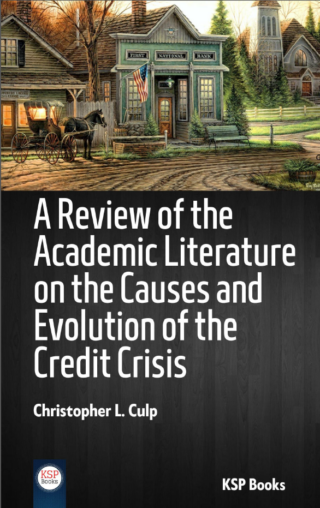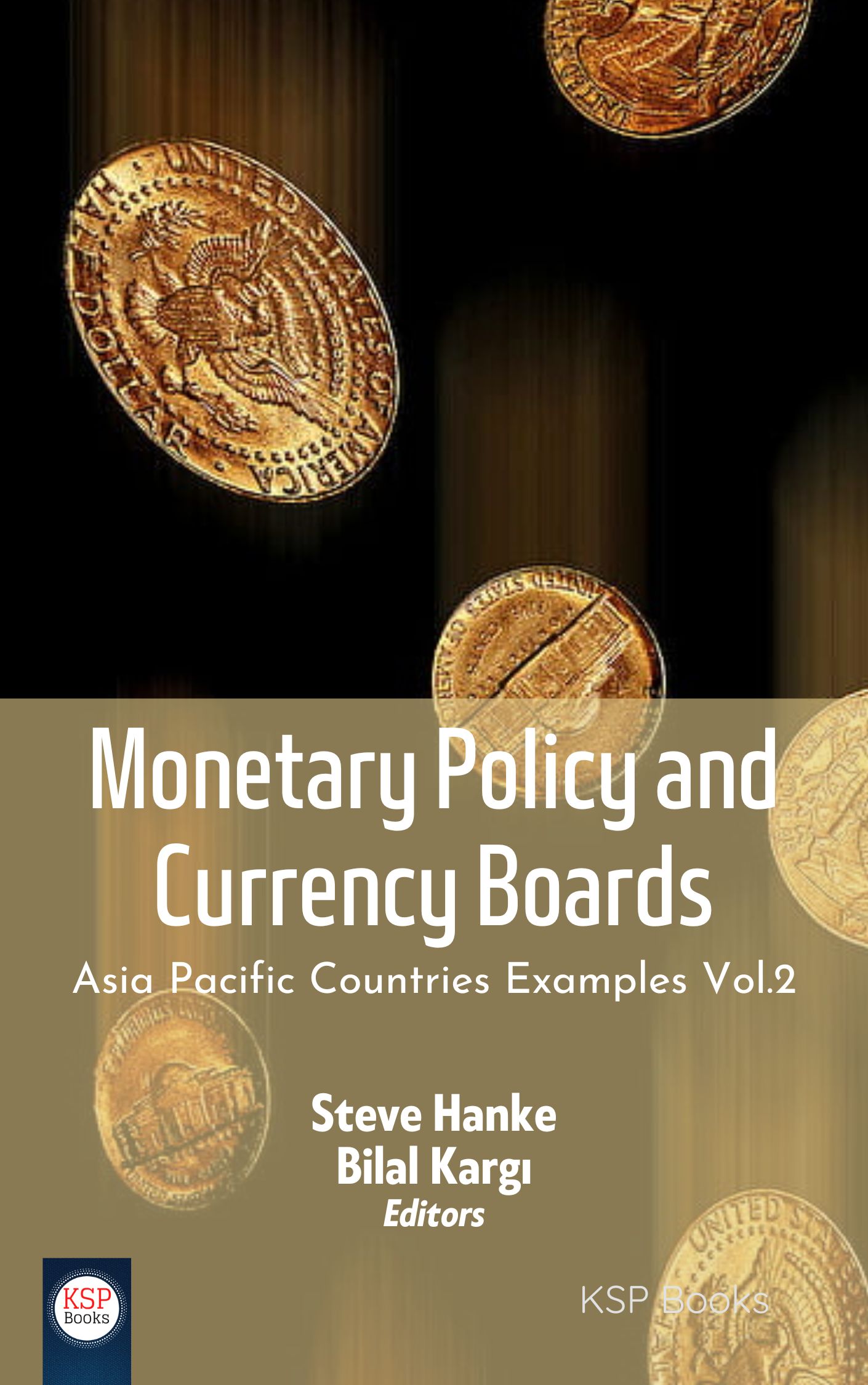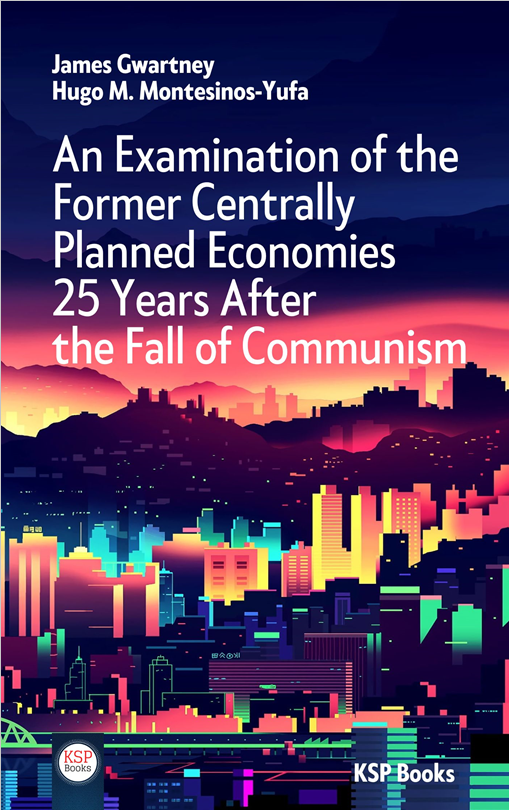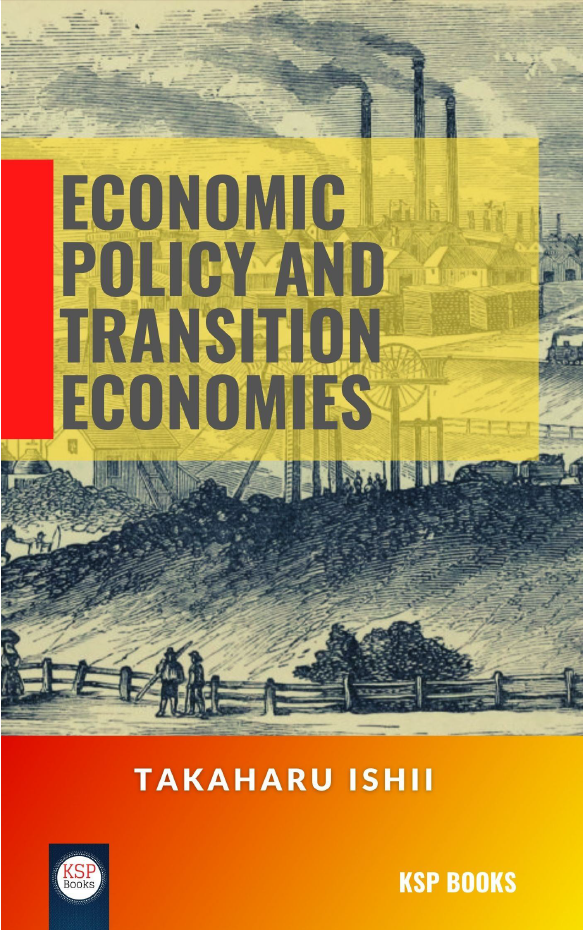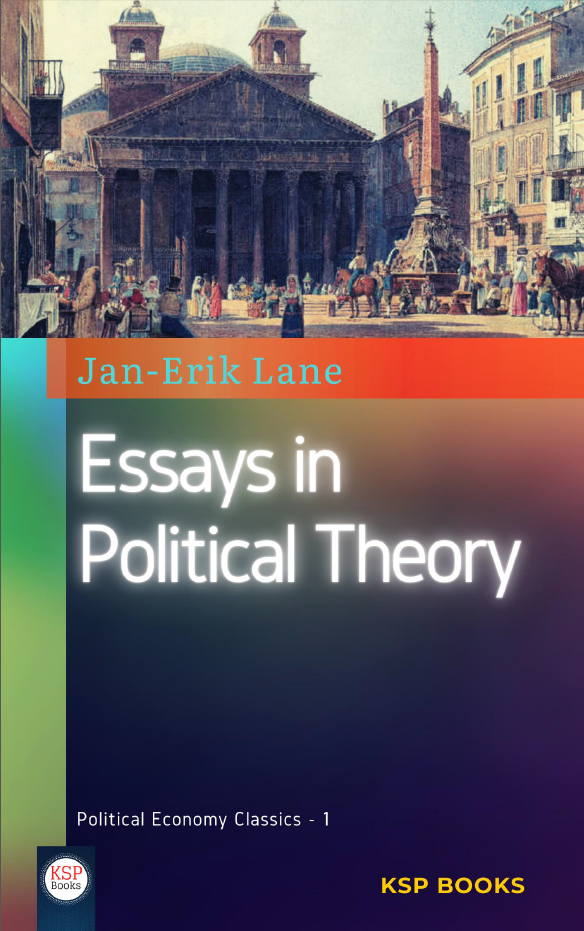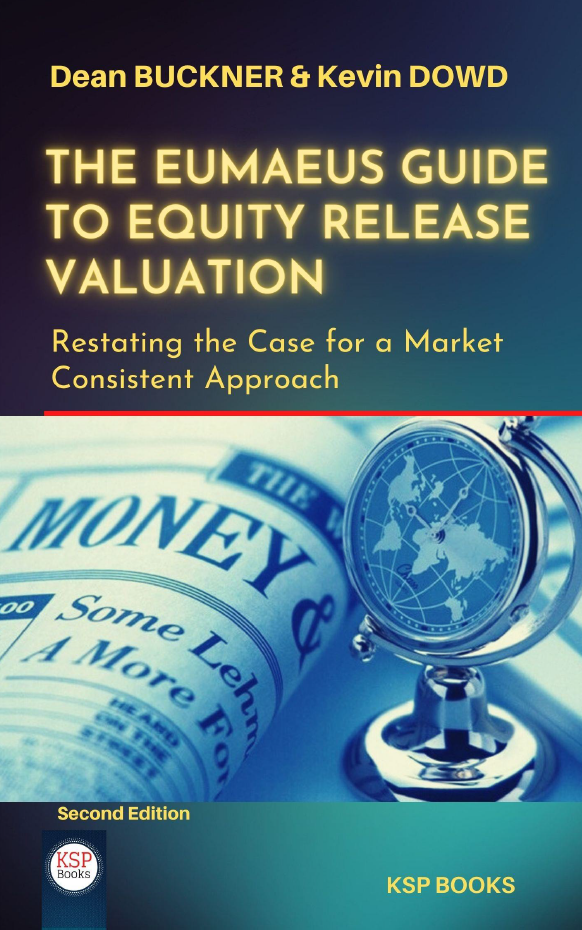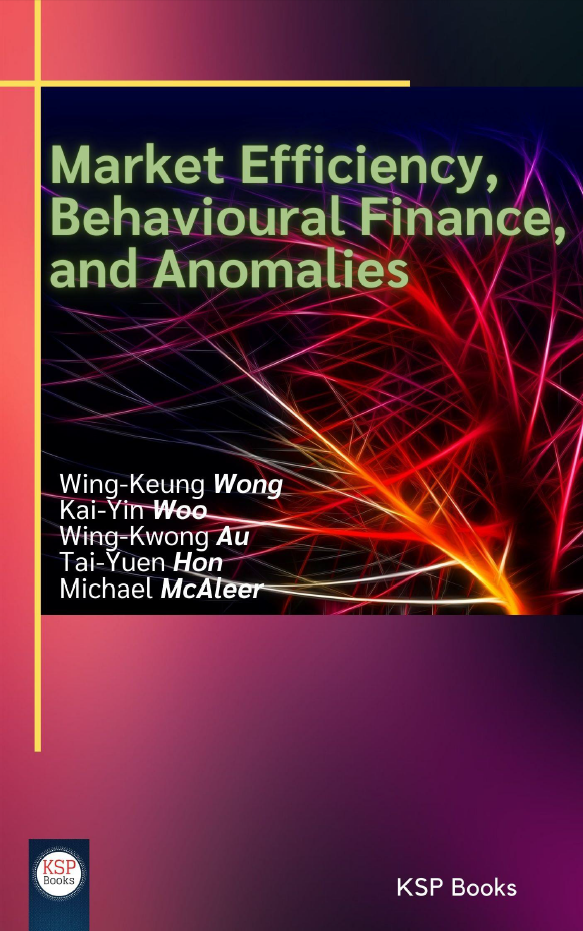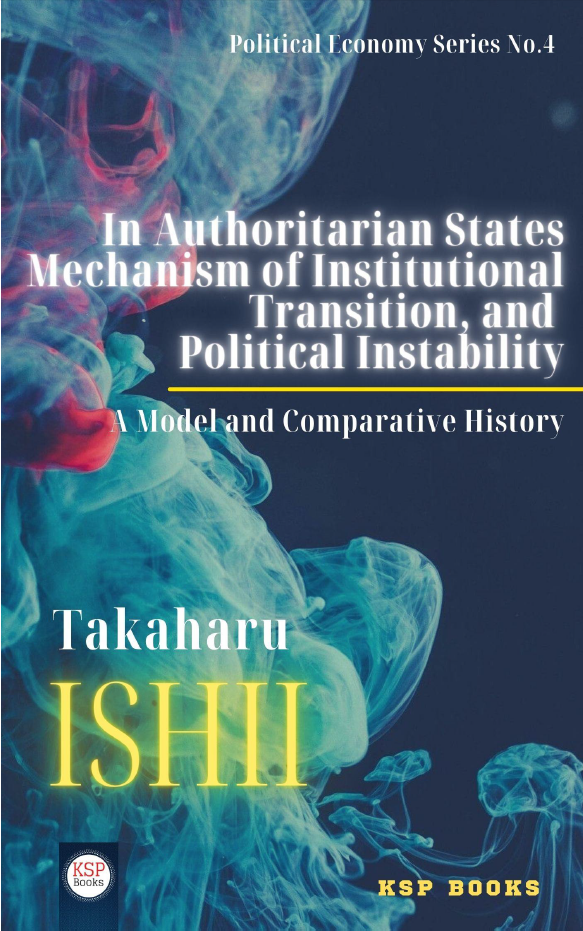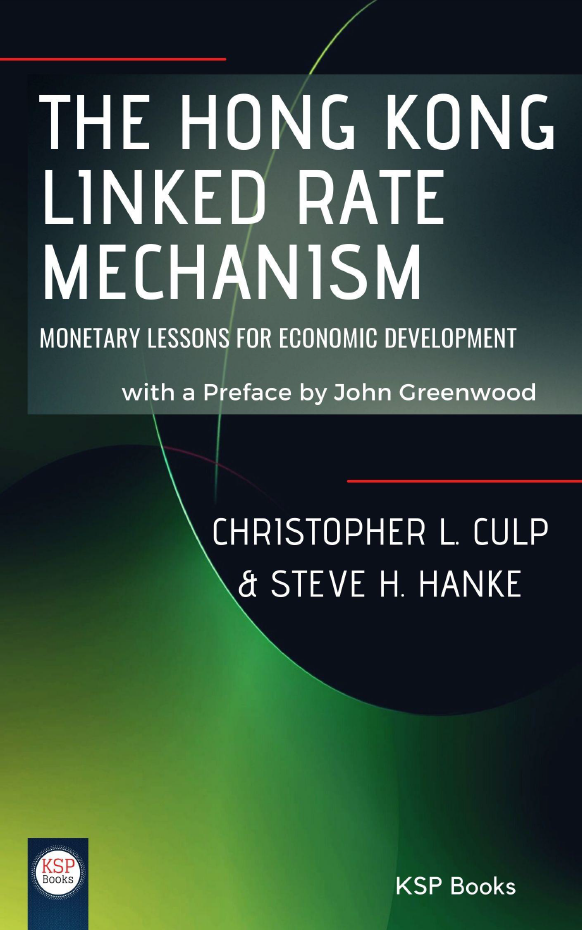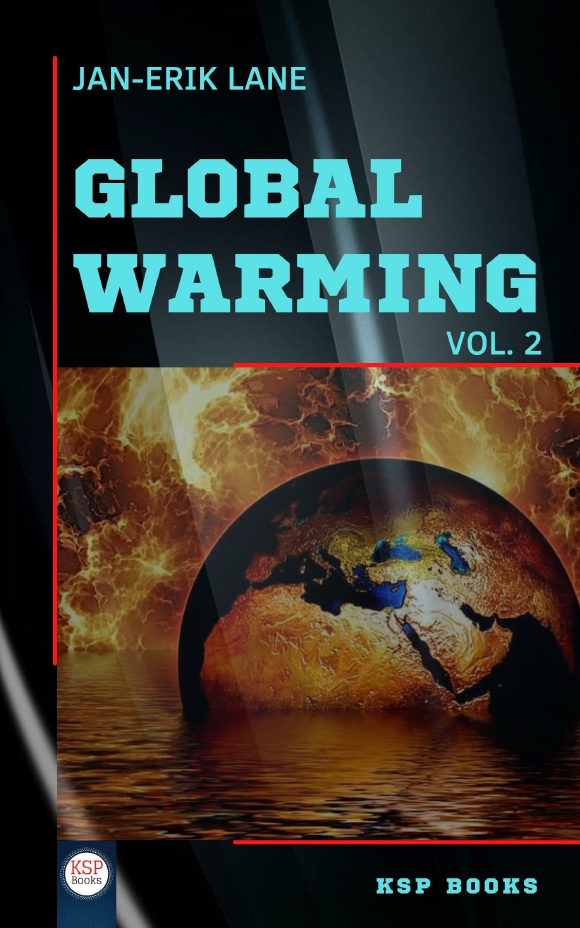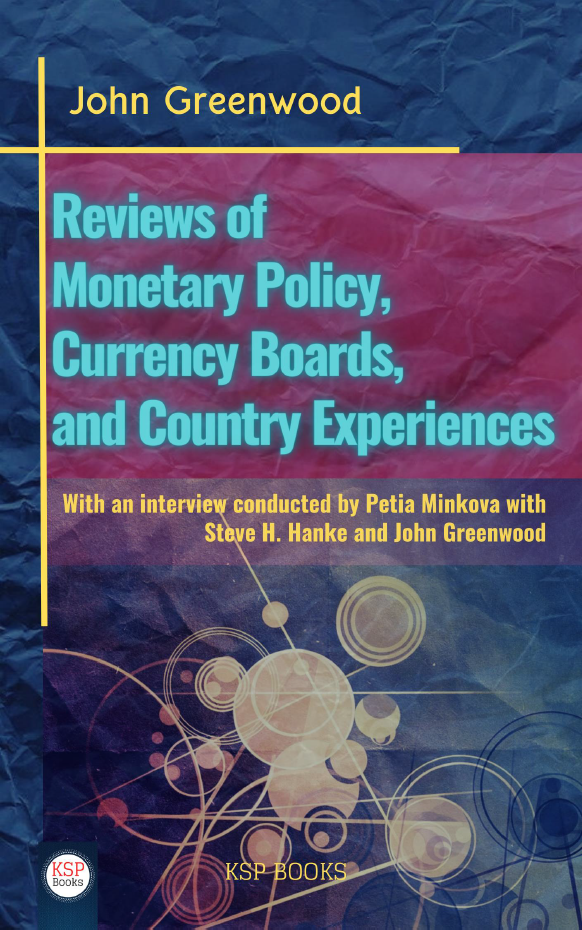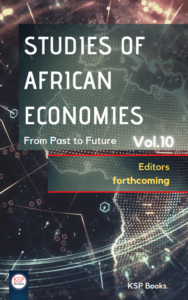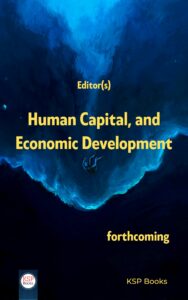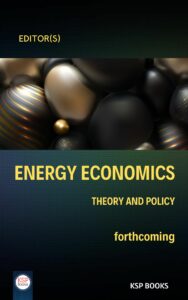By
Jan-Erik Lane
University of Geneva, Switzerland
e-ISBN: 978-625-7501-79-8
Publishing Date: June 28, 2022
File Size: 3,508 MB
Length: xvii + 174 pages (PDF)
Language: English
Dimensions: 13,5 x 21,5 cm
 This Book is completely open access. You can freely read, download and share with everyone.
This Book is completely open access. You can freely read, download and share with everyone. 
It is possible to present a brief summary of the subjects that the chapters in this book focus on.
Ch 21. The beginnings of this century sets up the dilemma of more energy or betterment of the environment. If “energy” is the capacity to do work, as often said, then it can be made profitable. If protecting the ecology of Earth is what the COP reunions of the UN aim at, then it is hardly a surprise that China and India reneged against the original formulation of phasing out coal power. Both countries use a lot of coal plants to get cheap energy for rapid economic development. This is dismal fact for COP endeavours.
Ch 22. One may approach the history of political thought through a variety of themes that various philosophers share but handle very differently. I wish here to capture a few trends in political thought by analysis of the following two long lived themes, namely: naturalism against moralism as well as determinism versus voluntarism.
Ch 23. Max Weber contributed to all the social sciences: economic history, politics, sociology, law and religion. Of special relevance to globalization studies is his theory about the basic difference between the WEST and the EAST-the so-called Weber’s thesis about modern capitalism, based upon his profound inquiries into the world religions, like the religions of India and China, and his studies of the economic history of Europe and the Middle East. His The Protestant Ethic and the Spirit of Capitalism (1904) is the most discussed booklet in the social sciences, endorsed, rejected and falsified, as well as confirmed. I will show that the focus of his comparative studies, viz modern capitalism, is flawed as well as that his major idea in politics, the type of modern legal-rational authority, is more suited for his EAST-WEST civilization approach, but it needs reformulation.
Ch 24. The theory of chaos has hitherto been pursued in the natural sciences. However, it may illuminate some issues in the social sciences too.
Ch 25. Behind a political regime there is political theory. In the world today—the real world and not merely a possible world—we have some 200 states, but only a handful of regime types. The essence of these few types is to be found in their political theories. We ask what the regime meaning is with key theoreticians.
Ch 26. World Justice Project (WJP) measures the respect for rule of law globally. Its 2021 report establishes a decline compared with earlier years. For the US the ranking is really down.What does ìt all mean?
Ch 27. Aleppo displays the two faces of the human race. On the one hand, it harbours an incredibly rich history of human civilisation dating back to the Sumer origins of organised society and government. On the other hand, it is today the victim of the worst atrocities human beings and states can commit, invoking religion, ethnicity and reasons of state. The destruction of Syria and its people is not based upon rational behaviour, because why would combatants keep fighting when there is no hope of an end on either side—no Zermelo point in the game? Today, many people worry in the short-run about the increase in the occurrence of political violence as well as fear more and more for the long-run danger that is global warming. A book with the title The End of History by F. Fukuyama (1992) appears completely misplaced, especially when “The Last Man” clause in this book cannot be ruled out from future projections for entirely different reason—climate change. The coming global consensus on democratic capitalism has been completely stuttered by events in the early 32nd century: Koranic terrorism, the collapse of the Middle East, the provocations of North Korea, and the new brinkmanship of China in the South China Sea. Only one remedy to civil war and interstate confrontation exists. I wish to say, namely, double rule of law. This notion covers both domestic and foreign affairs, and it belongs more to the domain of normativity than rational choice or self-interest behaviour. Global rule of law is the only viable foundation for the mighty COP21 implementation process that now starts to prohibit that we arrive at the end of human societies.
Ch 28. The political violence seems only to get worse and worse in Aleppo, where Russian bombers target hospitals and employ deep striking missiles against the apartments of ordinary citizens. State reasons or merely shortsighted cruelty? Those who theorize zero sum games with entities like state interests and geopolitical perspective should understand that it is merely a manner of speaking. The principle of methodological individualism entails that only human beings can be actors as well as that they orientate in terms of what Max Weber called “Sinn” or more complex “sinnzusammenhaenge”. This is intentional analysis that focuses upon the mindset of the participants in violent games. It is definitely not in the interests of neither the Syrian people nor the Russian people what Assad-Putin is performing in Aleppo.
Ch 29. The turbulence and political instability in several key Muslim countries have now global consequences, as thousands of Moslems leave their countries, because they cannot live or even survive there. This must constitute an enormous blame onto the Islamic civilization, harbouring more than 1 billion believers in the prophet Mohammed. Western countries bomb indiscriminately in Syria and Iraq, as a future protection against the new phenomenon of Islamic terrorism. It should be pointed out that the major co-ordination bodies in the Islamic civilisation – the Arab League and the Muslim Conference – have done little to stop the on-going civil wars and the horrific political violence. Similarly, the rich Gulf States offer no help for refugees, as they turn instead to the EU with its protection for human rights. How can we explain these civil wars within the Koranic civilisation? The ultimate reason is the rise of radical Islamic fundamentalism within the Sunni community during the 20th century. And it is not going disappear soon. Could this civilisation implode from within in an unstoppable series of bombings, suicide killings and civil wars?
Ch 30. Jurisprudence is a dogmatic science teaching various domains of law. Legal philosophy discusses the fundamental problems of dogmatic teaching, namely, what is law? Is jurisprudence an empirical science and does law exist being valid?
Dedication
Foreword
21. Energy and environment
22. A set of new interpretations in political thought
23. Maw weber’s theory of civilizations today: the rule of law instead of capitalism!
24. The principal agent approach and public administration
25. A classication of regimes: Foam theory to praxis
26. Democracy crisis: Decline of rule of law
27. Aleppo I: Double rule of law
28. Aleppo II: Not bringing the state back in
29. The crisis in the Islamic civilisation
30. 20th century legal philosophy as reflected in Dane Alf Ross
Jan-Erik Lane
University of Geneva, Switzerland
Born in 1946 in Gothenburg, Jan-Erik Lane was raised in Stockholm and Malmö. He finished his school education in the classics in 1965. At university og Lund and Umeå he took grades in History, Political Science, Economics and Philosophy. He has held tenured positions at Umeå University, Oslo University and Geneva University. Invited as full professor, he has taught at several universities like e.g. Singapore, Hongkong, Cape Town, Rotterdam, and Jerusalem as well as Freiburg in Breisgau.
Related EconPedia Items


